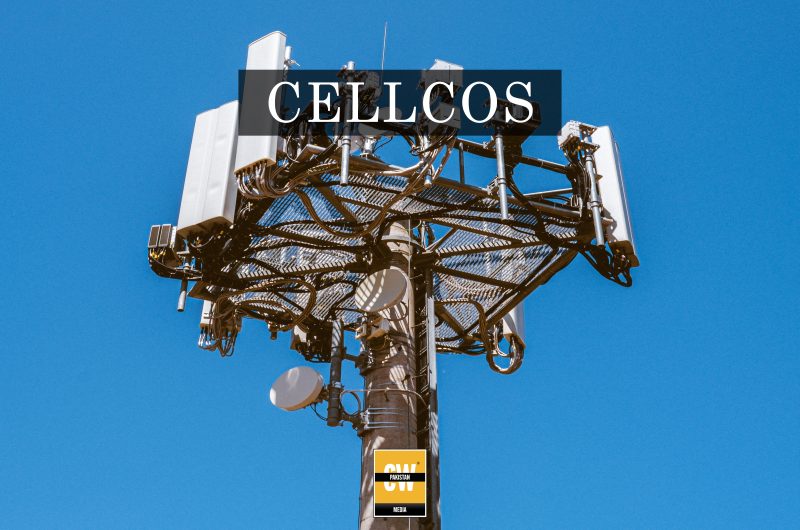PTA has announced its decision to grant a license for the provision of Fixed Satellite Services (FSS) in Pakistan, excluding the regions of Azad Jammu and Kashmir and Gilgit-Baltistan. This move marks a significant step towards expanding the country’s telecommunications infrastructure and enhancing satellite-based connectivity. The license, which is non-exclusive, will allow for the establishment of Fixed Earth Stations, Fixed Gateway Earth Stations, and Fixed Terminal Earth Stations, as well as the required terrestrial transmission facilities necessary for public network connectivity.
However, the provision of these services will be subject to certain restrictions. According to the draft consultation paper outlining the Fixed Satellite Services license, several prohibitions are in place, including the operation of a public switched terrestrial network, mobile satellite services, radio and TV broadcasting, and satellite-based services for moving objects such as vessels, aircraft, and vehicles. Moreover, the services can only be provided through a registered satellite operator, ensuring that all providers meet the necessary regulatory standards.
The license will be governed by strict regulations outlined in the Pakistan Telecommunication Act, along with the Pakistan Space Activities Rules 2024. As part of the compliance framework, the licensee must ensure that all network infrastructure is registered with PTA prior to service deployment. This ensures that the necessary standards and guidelines are adhered to, safeguarding the security and reliability of the service.
The duration of the Fixed Satellite Services license is set for 15 years, with the option for renewal if the licensee submits a renewal request at least 24 months before the license’s expiration. However, PTA reserves the right to deny the renewal if the licensee has violated any of the regulatory requirements or failed to comply with the necessary legal obligations. To ensure the timely rollout of services, the licensee is required to commence operations within 18 months of receiving the license.
In terms of financial obligations, the licensee will be required to pay an initial license fee of $500,000, along with an annual license fee that amounts to 0.5% of gross revenue. Additionally, the licensee will contribute 1.5% of its revenue to the Universal Service Fund (USF), which is aimed at promoting the provision of telecom services in underserved areas of Pakistan. Additional charges for spectrum and station registration will also apply. These financial obligations are part of a broader strategy to ensure that the Fixed Satellite Services operate within a robust economic framework that supports Pakistan’s telecommunication and digital infrastructure.
Beyond financial and operational requirements, the licensee will also be subject to national security regulations. These include measures for data retention, lawful interception, and cybersecurity, all of which are essential in ensuring the safety and security of communications. The license also places strict restrictions on the transfer of user data outside of Pakistan, as well as the provision of remote access to the satellite service from foreign countries. These regulations aim to protect the sovereignty of Pakistan’s digital space and ensure that data privacy is upheld.
Quality of service (QoS) standards will also be an integral part of the license conditions. The PTA will ensure that the licensee adheres to established quality standards as per PTA regulations, and the licensee will be required to submit quarterly performance reports. These reports will allow PTA to monitor the progress of service delivery and ensure that the satellite services meet the expectations of consumers in terms of reliability, speed, and availability. The PTA will also retain the authority to regulate tariffs if it deems that the pricing set by the licensee is unfair or unreasonable.
Moreover, customer rights and privacy are of paramount importance. The licensee is required to maintain confidentiality of user data, provide a transparent billing system, and offer a clear dispute resolution mechanism. These provisions are in place to ensure that consumers are treated fairly and that their data remains secure, particularly in a rapidly evolving digital landscape.
To ensure broad stakeholder involvement and transparency, PTA has initiated a public consultation process for the draft Fixed Satellite Services license. The draft document is available on PTA’s official website, and stakeholders are encouraged to submit their feedback via email at satellite-lic@pta.gov.pk by February 14, 2025. This public consultation will allow industry experts, telecom operators, and other relevant parties to share their views, ensuring that the final regulatory framework reflects the needs and challenges of the satellite service sector.
The consultation process is an important step in enhancing transparency and gathering insights from industry participants before the formal issuance of the license. By encouraging stakeholder participation, PTA aims to create a regulatory environment that fosters the growth of satellite services in Pakistan while ensuring that these services meet the highest standards of quality, security, and consumer protection.
This new license for Fixed Satellite Services represents a significant milestone in the development of Pakistan’s telecommunication infrastructure. As the country seeks to expand its digital capabilities, satellite services are expected to play a crucial role in improving connectivity, particularly in remote and underserved regions. The introduction of this license paves the way for enhanced communication services, which will have far-reaching implications for both the economy and society as a whole.









